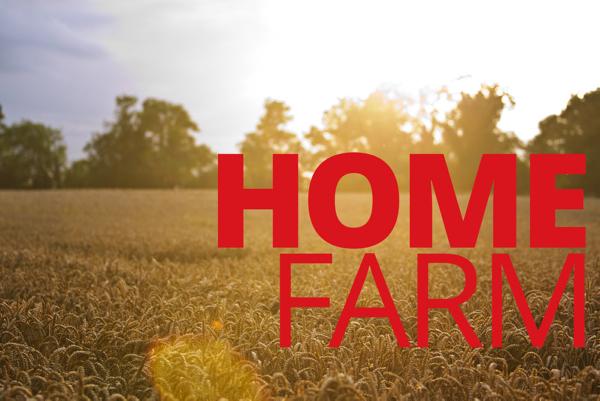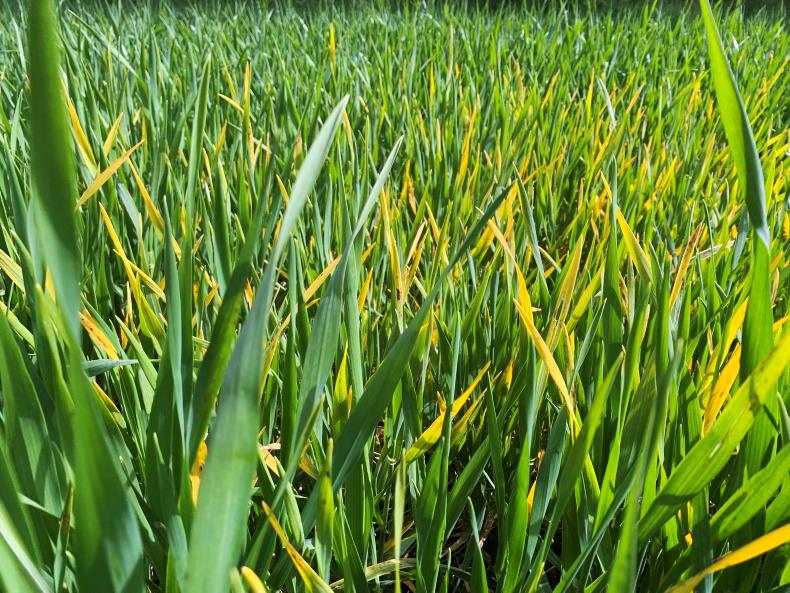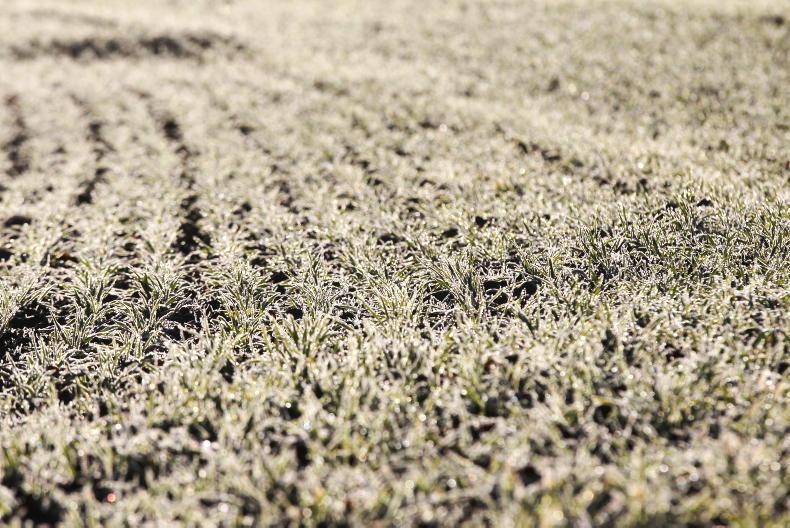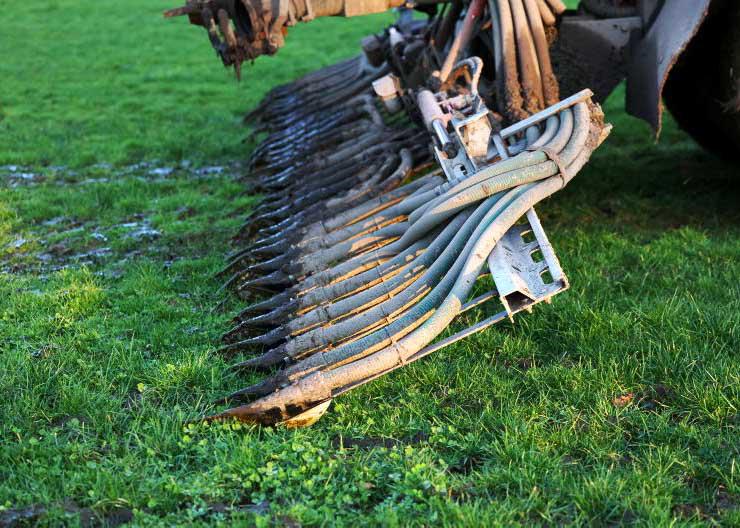The last dry 10 days have been a godsend. While we had been up to speed in getting the oilseed rape and winter barley in, I was becoming increasingly apprehensive about the winter wheat after a few very wet days. The weather then took up and we have now everything sown – all the winter wheat, seed and commercial as well as my gluten-free oats, which were the last to go in.
The oilseed rape establishment is as good as I have ever had it with the rows completely closed in and the field a lush, verdant green. I partly attribute the good establishment to the fact that we got an excellent burn of the stubble and then ploughed. The only crop we have left to sow is the beans, which we will aim to do in the first fortnight of March. The field has a luxuriant crop of volunteers. I was in two minds as to whether I should disc or not after the harvest but, under the new regulations, I need a green cover until 1 December, so I will burn it off at that stage and then, weather permitting, plough. With the rapid emergence of the winter barley, I am dithering whether I should be preparing to spray for BYDV (Barley yellow dwarf virus) or place all my trust in the new seed dressing that I have used this year.
Meanwhile, on the cattle front, life is becoming more complicated. I was contacted by my factory to be told that from now on, given the particular market my bulls go to, that I must have a signed certificate from the farm where the bulls were born that they were sold to me and that certain feeding regimes were followed or, more to the point, that certain feedstuffs were avoided. According to my factory, this will become a trend in the meats sectors so to assure customers of better supply chain transparency which, in turn, will support further up-selling of the end product based on lifetime monitoring of feed and antibiotic usage rather than focusing only on the last 70 days. This should lead to better safeguards and a better return for farmers. Nevertheless, despite the extra work, I have little option but to try and meet the new conditions.
Read more
Home Farm archive
The last dry 10 days have been a godsend. While we had been up to speed in getting the oilseed rape and winter barley in, I was becoming increasingly apprehensive about the winter wheat after a few very wet days. The weather then took up and we have now everything sown – all the winter wheat, seed and commercial as well as my gluten-free oats, which were the last to go in.
The oilseed rape establishment is as good as I have ever had it with the rows completely closed in and the field a lush, verdant green. I partly attribute the good establishment to the fact that we got an excellent burn of the stubble and then ploughed. The only crop we have left to sow is the beans, which we will aim to do in the first fortnight of March. The field has a luxuriant crop of volunteers. I was in two minds as to whether I should disc or not after the harvest but, under the new regulations, I need a green cover until 1 December, so I will burn it off at that stage and then, weather permitting, plough. With the rapid emergence of the winter barley, I am dithering whether I should be preparing to spray for BYDV (Barley yellow dwarf virus) or place all my trust in the new seed dressing that I have used this year.
Meanwhile, on the cattle front, life is becoming more complicated. I was contacted by my factory to be told that from now on, given the particular market my bulls go to, that I must have a signed certificate from the farm where the bulls were born that they were sold to me and that certain feeding regimes were followed or, more to the point, that certain feedstuffs were avoided. According to my factory, this will become a trend in the meats sectors so to assure customers of better supply chain transparency which, in turn, will support further up-selling of the end product based on lifetime monitoring of feed and antibiotic usage rather than focusing only on the last 70 days. This should lead to better safeguards and a better return for farmers. Nevertheless, despite the extra work, I have little option but to try and meet the new conditions.
Read more
Home Farm archive










SHARING OPTIONS